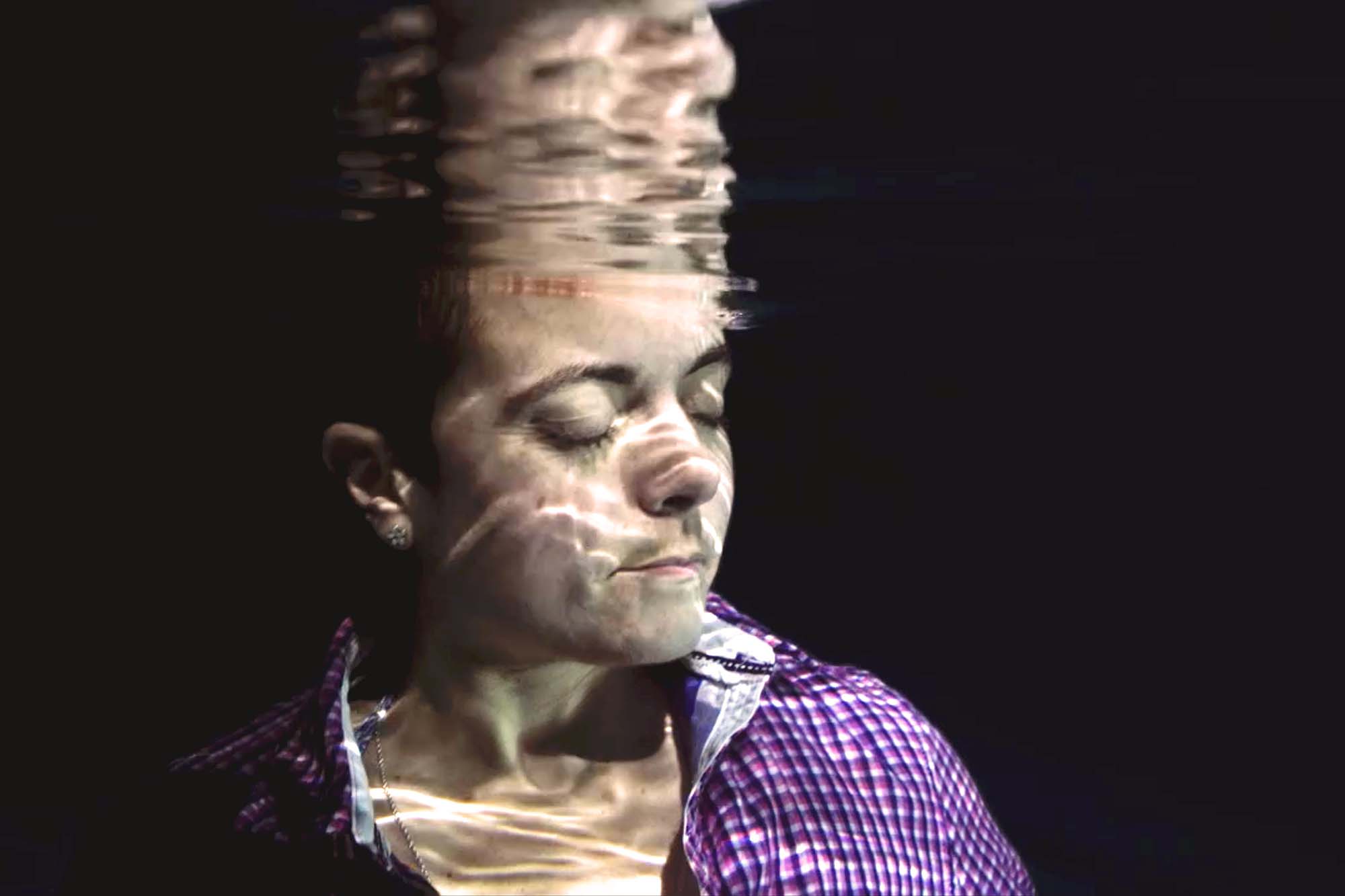C Baker: Waiting in illness

Time
(Tuesday) 11:30 - 12:00(GMT+00:00) View in my time
Event Details
It is likely that most of us will encounter illness at some point in our lifetimes or through the lives of those we care about. Cancer patients who
Event Details
It is likely that most of us will encounter illness at some point in our lifetimes or through the lives of those we care about. Cancer patients who undertook the McGill Quality of Life Survey stated that the one thing missing from the survey was a recognition of waiting as a central part of their experience of illness and the conditions under which the waiting took place.1 The waiting often takes place in medical environments that have their own distinct soundscapes and in particular the process of diagnosis is accompanied by unmistakable, unknown sounds that become a central part of a wider dialogue with the experience of illness. The artist’s film central to this paper was developed with patients about their experience of waiting, becoming voiceless in an unfamiliar and manifestly resonant situation punctuated by moments of silence.
A critical part of the development of the work was to find a way to capture the aloneness of waiting embodying the body-environment connection with diagnostic sound, attempting to see inside the body, listening to the invisible with its echoes of consequence. Recordings of MRI: Epi and T2 sequences coupled with the mechanical chirp of the MRI cooler, both delicate and sinister in chorus, plus the sound of submerging into water were captured and composed into an essential sound piece echoing both the process towards medical verdict and the practice of articulating the patients human experience. Our senses are what most intimately connect us to the world around us. Soundscape and moving image coalesce to express the complex lived spatiality of embodiment and the changed character of lived temporality, symbolizing the experience of diagnosis and illness as both a disruption of the lived body and the dysfunction of the biological body explored through the medical-science/art interface.
1. S. Robin Cohen, Balfour M. Mount, Jon J.N. Tomas and Lauren F. Mount, “Existential Well-Being Is an Important Determinant of Quality of Life: Evidence form the McGill Quality of Life Questionnaire,” Cancer, 77: 576–586 pp.
Speakers for this event
-
Dr Catherine Baker
Dr Catherine Baker
Associate Professor Interdisciplinary Practice, Birmingham City University
I am an artist researcher and an academic. Having worked at the interface of so called 'Art/Sci' for the last 18yrs I would say that my work sits within medical humanities as I am interested in the impact that medical diagnosis has on the individual and those they share their lives with. I work collaboratively and have done so for most of my career valuing the broader challenge that interdisciplinary collaboration brings. I regularly work with patients, in clinical and clinical research settings and have been privileged to work with some talented visionaries across Vision Science, Paediatric Orthopaedic surgery, Human Geography. In 20111 I was invited to be artist-in-residence at a Clinical Research Imaging Centre in the South West which framed my research into the implications of seeing under the skin. I work with patients whose lives are dramatic altered by diagnosis whether that is lifelong or life limiting. In March 2020 I will be giving a keynote presentation with Professor Iain Gilchrist for Oxford University as part of their research into Art and Neuroscience at the Ashmolean Museum.
Associate Professor Interdisciplinary Practice, Birmingham City University
BT on Facebook
[custom-facebook-feed feed=2]
